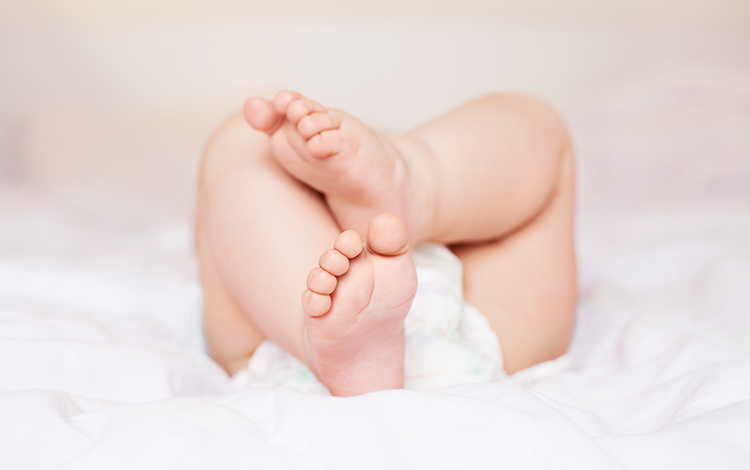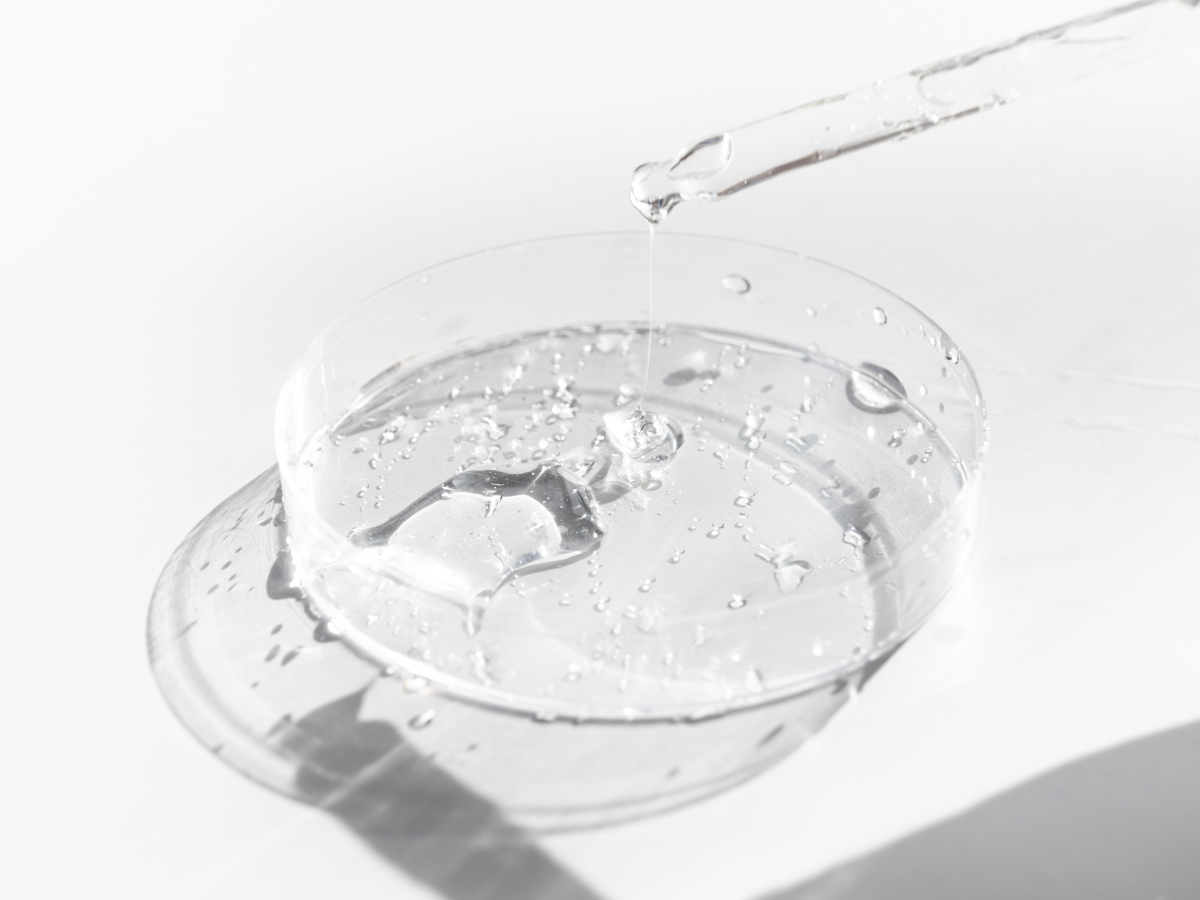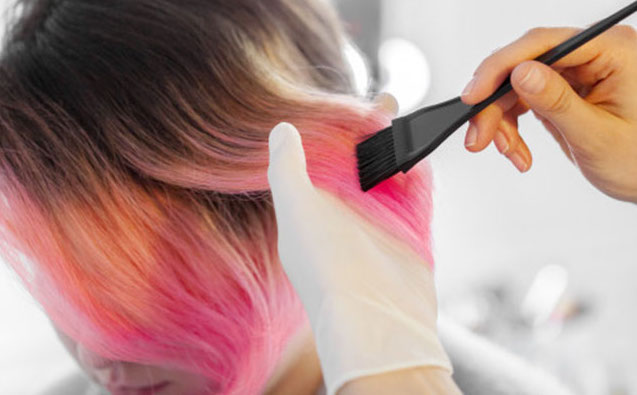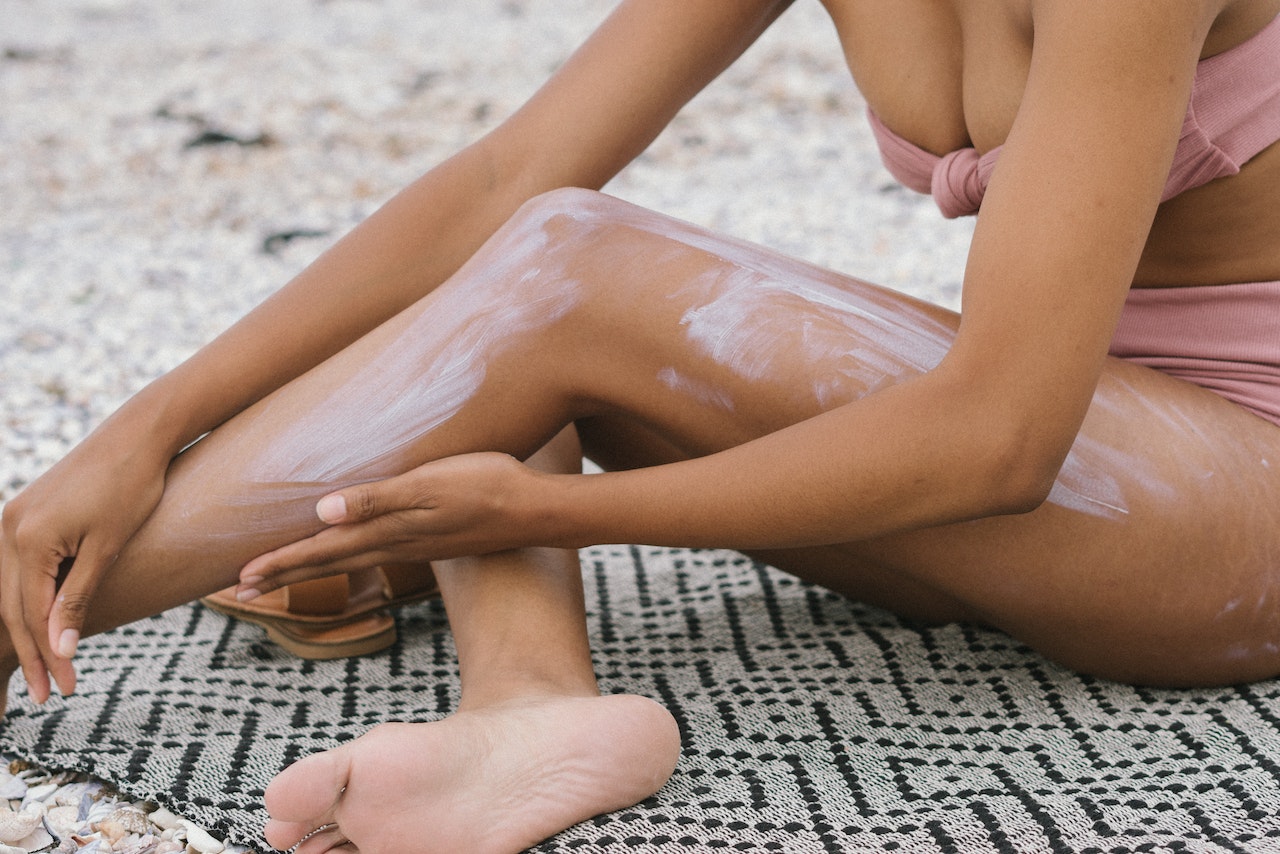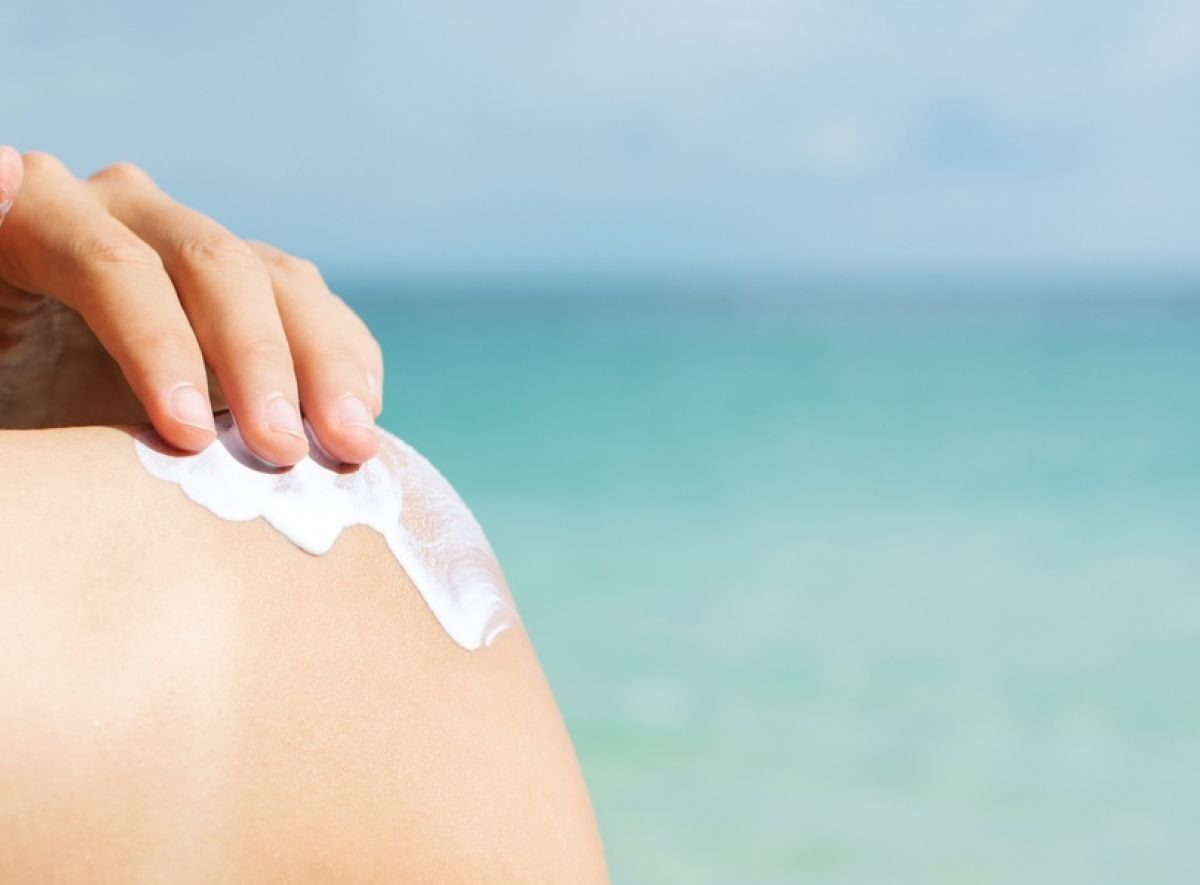CHINESE COSMETICS REGULATION
The implementation of a new Cosmetics Supervision and Administration Regulation (CSAR) has come into force on 1st of January this year.
A pre-market approval system on new cosmetic and new ingredients was implemented in China. Seven important Regulations have come into effect:
- Administrative Measures on Cosmetics Registration and Notification
- Provisions for Management of Cosmetic Registration and Notification Dossiers
- Provisions for Management of New Cosmetic Ingredient Registration and Notification Dossiers
- Cosmetic Classification Rules and Catalogs
- Standards for Cosmetic Efficacy Claim Evaluation
- Technical Guidelines for Cosmetic Safety Assessment 2021
- Inventory of Existing Cosmetic Ingredients in China 2021
The basic requirements for the administration of pre-market approval of cosmetic and new cosmetic ingredients (e.g., procedures for registration and notification, obligations of registrants, etc.) are set at the Administrative Measures on Cosmetics Registration and Notification.
In March the National Medical Products Administration (NMPA) released the final versions of the two regulations: Provisions for Management of Cosmetic Registration and Notifications Dossiers (previously called as Instructions for Cosmetic Registration and Notification Dossiers) and Provisions for Management of New Cosmetic Ingredient Registration and Notifications Dossiers. The key goal of such regulations is to standardize and guide the registration and filing of new cosmetic materials and products. The documentation requirements for application, modification, renewal and cancellation of a cosmetic registration and notification are specified on these regulations. (see previous post)
Cosmetics will be classified according to a coding system set out by the Cosmetic Classification Rules and Catalogs. Detailed requirements for qualification for safety assessors, safety assessments and the content in the report are clarified in the Technical Guidelines for Cosmetic Safety Assessment 2021.
Cosmetic registrants and filling persons (Brands) that apply for special cosmetics registration or general cosmetics notification must evaluate the efficacy claims of cosmetics in accordance with the requirements of the Standards for Cosmetic Efficacy Claim Evaluation. This means that all cosmetic products (‘general’ or ‘special’) are subject to the requirements set in such standards and must provide a summary of the basis for product efficacy claims (through a website designated by the NMPA). (see previous post)
In May, the NMPA released and implemented the finalized Inventory of Prohibited Ingredients for Cosmetics and Inventory of Prohibited Plant (Animal) Ingredients for Cosmetics. 24 new prohibited cosmetic ingredients were added to these inventories. Among them were Cannabidiol and 3 other Cannabis Sativa-derived ingredients (see previous post). Since its release and implementation, products containing prohibited ingredients (specified on the lists) can no longer be produced or imported by registrants and notifiers.
The Administrative Measures on Cosmetics Labelling, released in June this year, set out the requirements for the labelling and prohibited claims in cosmetics made available in the Chinese market. These measures should come into effect on May 1st, 2022, for new cosmetics, but cosmetics notified or registered before this date (that are not in compliance) must be updated and comply with such measures by May 1st, 2023.
According to the Chinese new regulations, animal testing of ‘general’ cosmetic products is no longer mandatory. (see previous post)
CHILDREN’S COSMETICS
In June, the NMPA released the draft of the Regulation on Supervision of Children’s Cosmetics for public consultation. This Regulation was officially released, and it will come into effect from January 1st, 2022. It introduces a legal definition of Children’s Cosmetics and also the labeling requirements and formula principles on cosmetics intended to be used for children under the age of 12 years old.
For children with ages between 0-3 years old (including 3 years old), the following effects are considered suitable: cleaning; moisturizing; hair care; sunscreen; soothing; and refreshing. When it comes to children between 3 and 12 years old (including 12 years old) these claimed functions are considered suitable: cleaning; remove makeup; moisturizing; beauty modification; aromatic; hair care; sunscreen; repair; soothing; refreshing.
The quality, safety and efficacy claim of children’s cosmetics are responsibility of the registrant and filler of cosmetics. The registration and notification documents of cosmetics intended for children will be strictly reviewed and any non-compliance will be severely punished.
The NMPA has specified a children’s cosmetics logo that must be included in the display surface of the sales package. This logo will be mandatory for all children cosmetics that apply for registration or notification from May 1st, 2022. Below this logo it should be indicated the executive standard number.

Another labelling requirement is the inclusion of a label warning such as “should be used under adult supervision” on the visual surface of the sales package. Words like “food grade” and “edible” (or other food related designs) are not allowed. Measures should be taken in order to avoid confusion of product properties, appearance, and other attributes with food and drugs. The labelling requirements for these cosmetics also apply to online businesses. For example, the children’s cosmetic logo shall be continuously publicized in a prominent position of the product display page.
Formulation of cosmetics intended for children should be minimalist and safety comes first. This means that the number of ingredients used should be reduced and the necessity and scientificity of ingredients (mainly fragrances, colorants, preservatives and surfactants) from the aspects of safety, stability, function and compatibility should be assessed. The Regulation specifies that raw materials with a long history of safe use shall be selected for formulation design of this type of cosmetics. Raw materials and ingredients that are still in the monitoring period or that are prepared by new technologies (like nanotechnology or gene technology) shall not be used. Aligned with the functions considered suitable for children, raw materials and ingredients with functions like anti-acne, hair removal, deodorization, anti-hair loss, and others, are not allowed. If these raw materials/ingredients are used for other purposes, the necessity and safety of their use in cosmetics intended for children should be assessed.
A system of material purchase inspection record should be implemented by the cosmetic operators (registrants, fillers, manufacturers), in order to carry out testing of relevant items when necessary and avoid using prohibited raw materials. Traceability of children’s cosmetics need to be ensured by the cosmetic business operators.
If products are marked/labelled as ‘to be used by the whole family’, ‘applicable to the whole population’ or similar (including images, etc.), then it is implied that the cosmetic product is used by children/infants and need to comply with this Regulation. Children’s toothpastes are also in the scope of this Regulation.
Ordinary and special cosmetics intended to be used by infants and children are not exempt from animal testing. Stakeholders need to submit toxicological testing reports and safety assessment reports during registration and notification.
The Chinese legal framework on cosmetics can be tricky and hard to understand, but Critical Catalyst has a team of experts that can help you. Please feel free to contact us using our email info@criticalcatalyst.com.
References:
- China Mainland Children Cosmetics Regulation. Chemlinked. Jul 23, 2021. Available at: https://cosmetic.chemlinked.com/cosmepedia/china-children-cosmetics-regulation
- CSAR Series: Introduction of China’s First Children Cosmetics Regulation. Chemlinked. Nov 10, 2021. Available at: https://cosmetic.chemlinked.com/new-webinar/csar-series-introduction-of-chinas-first-children-cosmetics-regulation
- CSAR Subsidiary Regulations: China Consults on Supervision and Administration Provisions on Children Cosmetics: the Strictest Supervision Ever. Chemlinked. Jun 18, 2021. Available at: https://cosmetic.chemlinked.com/news/cosmetic-news/china-consults-on-supervision-and-administration-provisions-on-children-cosmetics-the-strictest-supervision-ever

